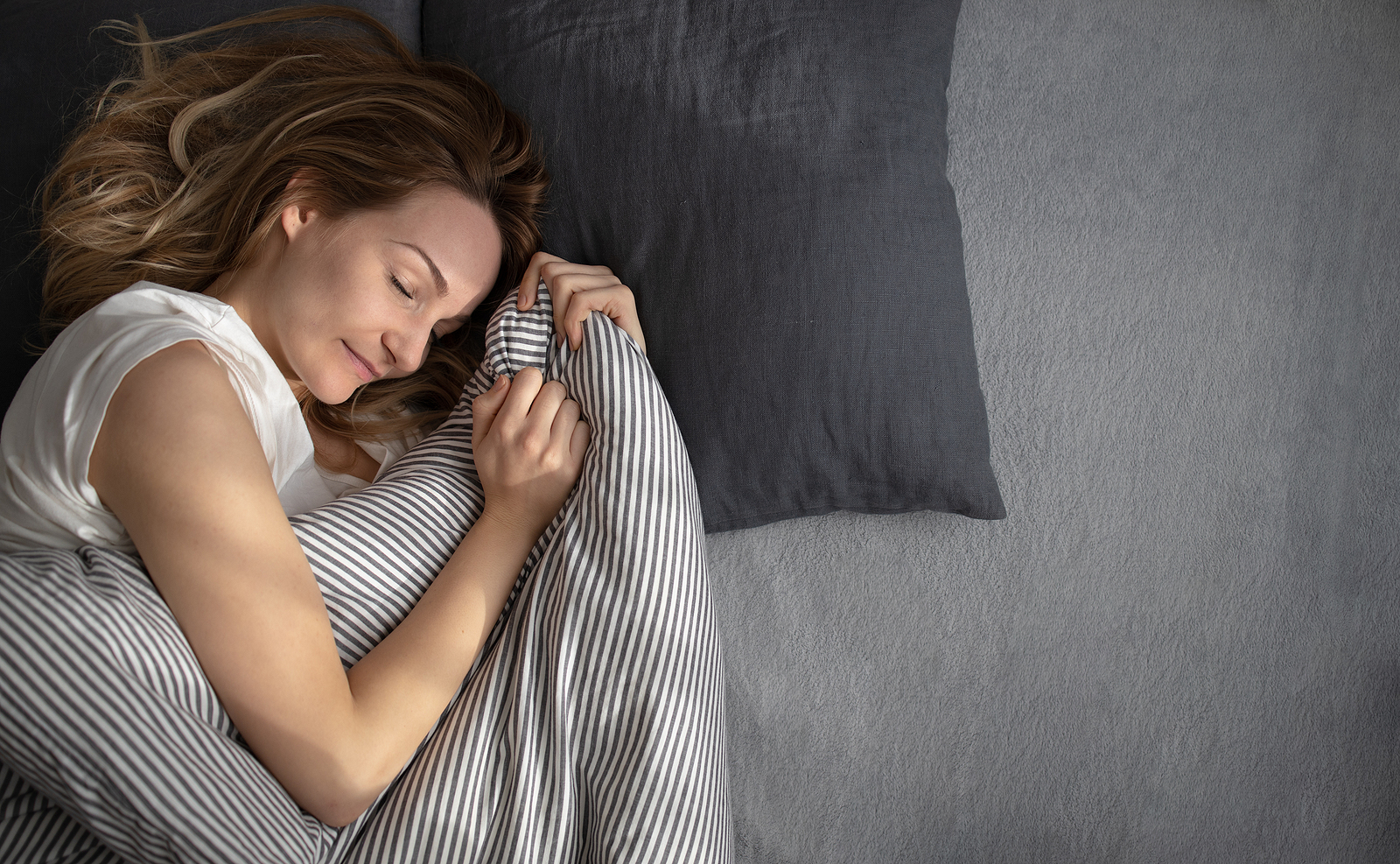
Your whole day can be defined by how well you slept the night before. Not only that, but sleep is also the key to good mental and physical health. But when was the last time you woke up feeling rested? When was the last time you felt like you could take on the day? Are you sleeping without any worries or problems? If your answer is “no,” we have some sleep hygiene habits that can make a difference.
Sleep hygiene is a simple technique to improve your sleep. According to a study, one-third of us have trouble getting out of bed in the morning because we didn’t get enough good sleep the night before. We don’t feel great during the day because of this.
What Is Sleep Hygiene?
“Sleep hygiene” refers to healthy sleep habits that promote falling and staying asleep. Vital sleep hygiene involves a comfortable bedroom and everyday practices that encourage uninterrupted sleep. A steady sleep routine, a lovely, distraction-free bedroom, a peaceful pre-bed ritual, and good daytime behaviors might help you sleep better. (Sleep Education)
Signs Of Poor Sleep Hygiene
What you eat, drink, ingest, and do in the daytime and evenings can all affect your sleep quality. When you’re weary and foggy-headed, even simple tasks like finding your keys might be difficult. You may also have trouble focusing at work. A few little changes can be the difference between a good night’s sleep and insomnia.
Good sleep hygiene is essential for cognitive-behavioral therapy (CBT) for persistent insomnia. It can provide stress management, relaxation, and better sleep.
Here’s How You Can Sleep Better – Good Sleep Hygiene
Optimizing your sleep schedule, pre-bedtime rituals, and daily routines are all examples of habits that can improve sleep. Additionally, making your bedroom quiet and comfortable can encourage you to relax and fall asleep.(Sleep Foundation, 2022) Let’s look into how you can achieve these.
Create a Peaceful Environment
Your bedroom should be a quiet, distraction-free place to sleep. The perfect sleeping environment is a matter of personal preference. Still, sleep experts offer scientifically-backed guidance on proper sleep hygiene.
According to research conducted by the National Sleep Foundation, 73 percent of Americans believe that the darker the room, the better. 65% of people use blinds, shades, or other covers to block light.
A good mattress and pillow are essential for sleep. Your preferred sleeping position may affect whether you want them soft or firm. Decluttering your bedroom also helps you get ready for sleep.
Find Ways To Destress Yourself
It’s important to unwind before bed after a busy day. There are several ways to unwind and transition from day to night. Relax with calm music, mild stretching, or reading. After dark, consider using lights on dimmer switches instead of bright overhead lights. Pre-bedtime should be device-free for 30-60 minutes. Smartphones, tablets, and laptops emit blue light that reduces melatonin production. Warm baths before bedtime soothe the body and mind, lowering heart rate and blood pressure.
Form A Thread Of Healthy Habits
Your evening routine isn’t the only factor in excellent sleep. Healthy body clock routines can help you sleep better by reducing sleep disturbances. Sunlight is one of the leading sleep pattern drivers determining wake and sleep time. When you get out during the light of the day, your body automatically transitions to sleep time when the sun goes down. This is also known as circadian rhythms.
Nicotine is connected to sleep difficulties, so it’s best to avoid it. Drinking alcohol before bed can help you fall asleep, but it also disrupts your sleep. Thus, alcohol consumption should be limited at night.
Follow A Nighttime Routine
When it comes to falling asleep, how you prepare for bed might have a significant impact. Some of these pre-sleep activities, such as meditation, mindfulness, and regulated breathing, can relax you and make it easier to fall asleep at the proper time. Put on your pajamas and brush your teeth every night to help you remember when it’s time to retire for the evening.
Instead of getting to sleep, it’s generally better to focus on relaxing yourself first. It’s possible to get yourself ready for bed with the help of these techniques. (Headspace)
Improved sleep hygiene does not always solve sleep disorders, as should be expected. While greater sleep hygiene can help those with severe insomnia or other sleep disorders, extra therapies are usually required. It’s recommended to see a doctor if you’ve been experiencing long-term or severe sleep issues or daytime tiredness, as they can recommend the best course of action.
Works Cited
2022, Sleep Foundation. “What Is Sleep Hygiene?” Sleep Foundation, 11 Mar. 2022, www.sleepfoundation.org/sleep-hygiene.
Headspace. “How to Sleep Better.” 15 Science-Backed Tips, www.headspace.com/sleep/how-to-sleep-better.
“Healthy Sleep Habits.” Sleep Education, 2 Apr. 2021, sleepeducation.org/healthy-sleep/healthy-sleep-habits/.
